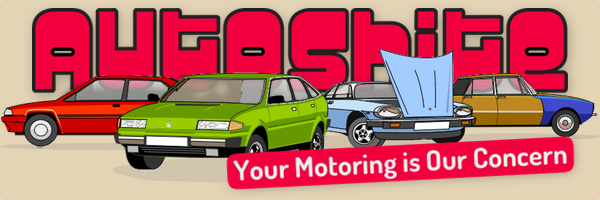Freak Or Unique: Motoring Innovations
-
Similar Content
-
Mum’s motors.
By bangernomics,
- 27 replies
- 1,774 views
-
Dad’s motors. 1 2
By bangernomics,
- 41 replies
- 3,491 views
-
- 911 replies
- 68,025 views
-
Neighbours motors / noteable motors around where you grew up... 1 2
By Lord Sterling,
- 45 replies
- 2,898 views
-
C30 truly budget motoring
By NorthernMonkey,
- 28 replies
- 2,315 views
-





Recommended Posts
Create an account or sign in to comment
You need to be a member in order to leave a comment
Create an account
Sign up for a new account in our community. It's easy!
Register a new accountSign in
Already have an account? Sign in here.
Sign In Now